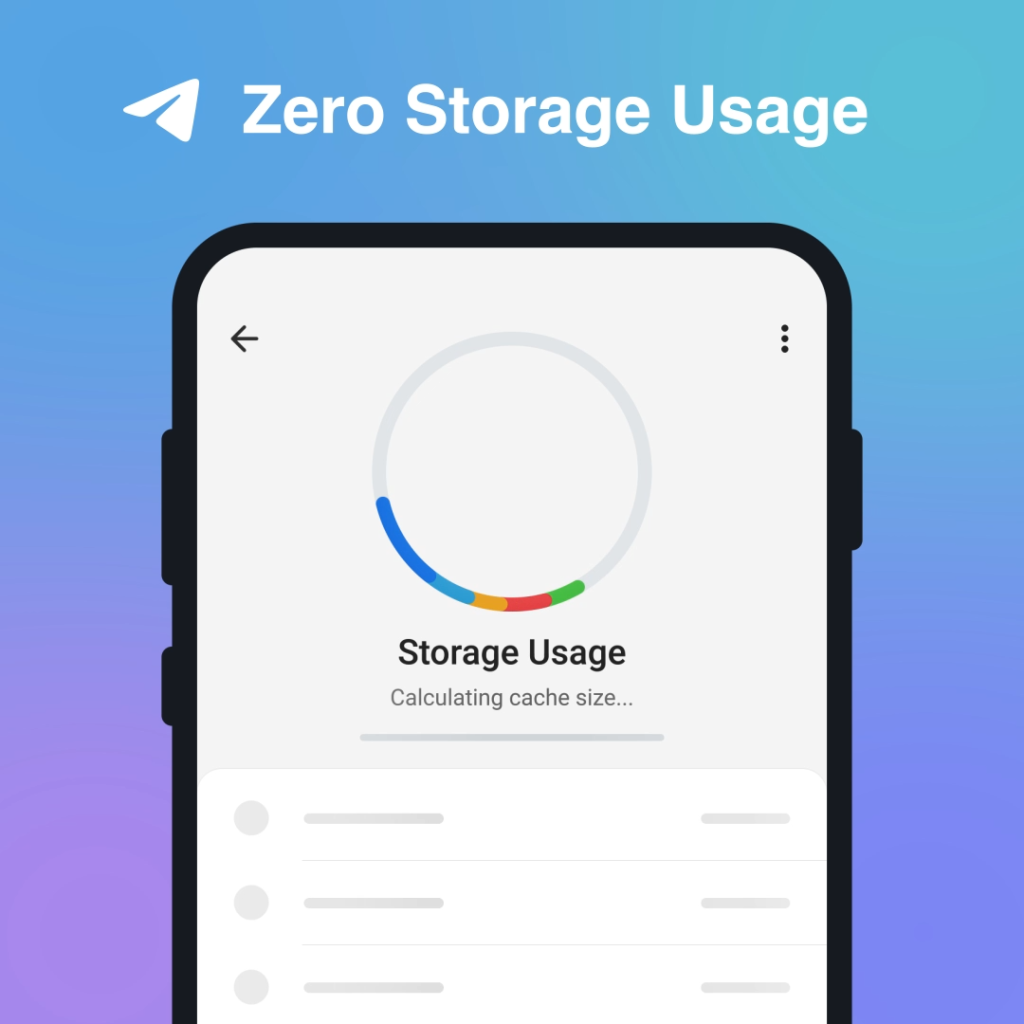
Trust Wallet fees vary based on the network and transaction type, typically ranging from a few cents to several dollars.
Overview of Trust Wallet Fees
What are Trust Wallet Fees?
Trust Wallet fees refer to the charges incurred when performing transactions using the wallet. These fees are essential for ensuring the smooth and secure operation of the network. The fees can vary depending on several factors, including the type of transaction and the network’s current conditions.
- Transaction Fees: These are the fees charged for sending cryptocurrency from one address to another. The amount can vary based on the cryptocurrency and network congestion.
- Network Fees: These fees are paid to the network validators or miners to process and confirm transactions. Each blockchain network has its fee structure.
- Exchange Fees: When exchanging one cryptocurrency for another within Trust Wallet, there may be additional fees involved. These fees are typically lower than those on centralized exchanges.
Why Do Trust Wallet Fees Exist?
Trust Wallet fees exist for several important reasons, primarily to maintain the network’s security and efficiency. Here’s a deeper look into why these fees are necessary:
- Network Security: Fees incentivize miners and validators to confirm and secure transactions, ensuring the blockchain remains secure and functional.
- Preventing Spam: Transaction fees help prevent spam transactions on the network. By imposing a cost, it discourages malicious actors from overwhelming the network with unnecessary transactions.
- Resource Allocation: Fees help allocate network resources effectively. Higher fees can prioritize transactions, allowing users to expedite their transfers during times of high network congestion.

Types of Fees in Trust Wallet
Transaction Fees
Transaction fees are the costs associated with sending cryptocurrency from one wallet address to another. These fees are crucial for ensuring that transactions are processed and confirmed by the network. The amount of the transaction fee can vary depending on several factors:
- Cryptocurrency Type: Different cryptocurrencies have different fee structures. For example, Bitcoin and Ethereum typically have higher transaction fees compared to some other cryptocurrencies.
- Network Congestion: When a network is busy, transaction fees can increase due to higher demand for transaction processing.
- Transaction Size: Larger transactions or those involving multiple inputs and outputs can incur higher fees.
Network Fees
Network fees, also known as miner fees or gas fees, are paid to the network validators or miners who process and confirm transactions on the blockchain. These fees are essential for maintaining the integrity and security of the blockchain network. Key points about network fees include:
- Fee Structure: Each blockchain network has its fee structure. For example, Ethereum uses a gas system where the fee is calculated based on the computational resources required.
- Incentives for Miners/Validators: These fees incentivize miners and validators to include transactions in the next block, ensuring the blockchain continues to operate smoothly and securely.
- Dynamic Fees: Network fees can fluctuate based on network activity. During times of high congestion, fees can increase significantly.
Exchange Fees
Exchange fees are incurred when you exchange one cryptocurrency for another within Trust Wallet. These fees can vary depending on the exchange service used and the specific transaction details. Important aspects of exchange fees include:
- Conversion Costs: When converting cryptocurrencies, there might be a fee involved for the service provided by the exchange platform integrated within Trust Wallet.
- Lower Fees Compared to Centralized Exchanges: Typically, the fees for exchanging within Trust Wallet are lower compared to those on centralized exchanges, making it a cost-effective option for users.
- Transparency: Trust Wallet aims to provide transparent fee structures, so users are aware of the costs involved before completing an exchange transaction.
How to Calculate Trust Wallet Fees
Step-by-Step Calculation
Calculating Trust Wallet fees involves understanding the specific components that contribute to the overall cost of a transaction. Here’s a step-by-step guide to help you calculate these fees:
- Identify the Cryptocurrency: Different cryptocurrencies have varying fee structures. Determine which cryptocurrency you are using for the transaction.
- Check the Network Fee: The network fee, also known as the miner or gas fee, is essential for transaction processing. You can find this information within Trust Wallet or by visiting the blockchain network’s official site.
- Estimate Transaction Size: The size of your transaction (in bytes for Bitcoin or gas units for Ethereum) affects the fee. Larger transactions generally cost more.
- Use Fee Estimation Tools: Trust Wallet and other blockchain explorers offer tools that provide fee estimations based on current network conditions.
- Calculate the Total Fee: Add any additional fees, such as exchange fees if you are converting one cryptocurrency to another within Trust Wallet.
For example:
- You want to send 0.5 ETH.
- The current gas price is 20 Gwei.
- Your transaction requires 21,000 gas units.
- Total fee = Gas price (in ETH) * Gas units = 0.00042 ETH.
Tools for Fee Calculation
Utilizing specialized tools can simplify the process of calculating Trust Wallet fees. Here are some recommended tools:
- Trust Wallet App: The app itself provides real-time fee estimates for various transactions, helping users choose the optimal fee for faster processing.
- Etherscan Gas Tracker: For Ethereum transactions, Etherscan offers a Gas Tracker that shows current gas prices and recommended fees for different transaction speeds.
- Bitcoin Fee Estimator: Websites like mempool.space or Bitcoinfees.net provide up-to-date information on Bitcoin transaction fees based on network congestion.
- Crypto Fee Calculators: Online calculators specifically designed for different cryptocurrencies can give accurate fee estimations. Simply input the transaction details, and the tool will calculate the expected fee.

Factors Affecting Trust Wallet Fees
Network Congestion
Network congestion is a significant factor that can influence Trust Wallet fees. When the blockchain network experiences high traffic, the demand for transaction processing increases, leading to higher fees. Key points to consider include:
- Peak Times: During periods of high activity, such as market surges or popular NFT drops, network congestion can spike, resulting in increased fees.
- Transaction Speed: Users may need to pay higher fees to prioritize their transactions during congested times to ensure quicker processing.
- Fee Adjustment: Trust Wallet may provide options to adjust the fee manually based on the current network congestion, allowing users to choose between faster or cheaper transactions.
Transaction Size
The size of the transaction also affects the fees in Trust Wallet. Larger transactions require more computational resources to process and validate, which can increase the cost. Important aspects include:
- Data Size: For cryptocurrencies like Bitcoin, the size of the transaction in bytes is a critical factor. Transactions with multiple inputs and outputs tend to be larger and more expensive.
- Complexity: More complex transactions, such as those involving multiple addresses or smart contracts, can incur higher fees due to the additional processing required.
- Optimization: Users can sometimes optimize their transactions by consolidating smaller amounts into a single transaction to reduce the overall size and associated fees.
Cryptocurrency Type
Different cryptocurrencies have distinct fee structures and mechanisms, impacting the fees in Trust Wallet. Understanding these differences is crucial for managing costs effectively:
- Fee Structures: Each blockchain has its own method for calculating fees. For instance, Ethereum uses a gas system, while Bitcoin fees are based on transaction size in bytes.
- Volatility: The fees for some cryptocurrencies can be more volatile than others, depending on network activity and market conditions.
- Standard Rates: Certain cryptocurrencies may have standard fee rates, while others can vary significantly based on network load and transaction type.

Comparing Trust Wallet Fees with Other Wallets
Trust Wallet vs. MetaMask
Trust Wallet and MetaMask are both popular choices for managing cryptocurrencies, but their fee structures and features have some differences.
- Transaction Fees: Both wallets charge network fees for transactions. Trust Wallet often provides more competitive fees due to its integration with Binance Smart Chain (BSC), which typically has lower fees compared to Ethereum, the primary network for MetaMask.
- User Interface: Trust Wallet offers a more user-friendly interface with built-in support for multiple blockchains, which can simplify the fee estimation process. MetaMask, while highly functional, can be more complex, particularly for new users.
- Fee Customization: MetaMask allows users to manually adjust gas fees for Ethereum transactions, offering greater control over transaction speed and cost. Trust Wallet also offers some level of customization, particularly for BSC transactions, but it may not be as granular as MetaMask’s options.
Trust Wallet vs. Coinbase Wallet
When comparing Trust Wallet with Coinbase Wallet, it’s important to consider both fees and additional features each wallet offers.
- Transaction Fees: Trust Wallet generally offers lower transaction fees, especially when using Binance Smart Chain. Coinbase Wallet, tied closely with Coinbase’s exchange services, may incur higher fees due to additional charges for conversions and network transactions.
- Ease of Use: Trust Wallet is known for its intuitive interface and ease of use, especially for those looking to manage multiple types of cryptocurrencies. Coinbase Wallet, while also user-friendly, often benefits users who are already integrated into the Coinbase ecosystem.
- Fee Transparency: Coinbase Wallet provides clear information about fees during transactions, which can be beneficial for users needing transparency. Trust Wallet also shows fees but might not provide the same level of detail in comparison.
Trust Wallet vs. Ledger Live
Ledger Live, the companion app for Ledger hardware wallets, offers a different experience compared to Trust Wallet, particularly concerning security and fee structures.
- Transaction Fees: Trust Wallet’s fees are typically lower, especially for users leveraging Binance Smart Chain. Ledger Live, while supporting multiple cryptocurrencies, may have higher fees due to the security and management features associated with hardware wallets.
- Security: Ledger Live, used with Ledger hardware wallets, provides superior security due to its offline storage of private keys. Trust Wallet, as a mobile wallet, offers strong security features but cannot match the level of protection provided by hardware wallets.
- User Experience: Trust Wallet offers a seamless mobile experience with a broad range of supported cryptocurrencies. Ledger Live, while robust in features, can be more cumbersome due to the need for physical device interaction for transaction approvals.

Tips to Minimize Trust Wallet Fees
Timing Your Transactions
One effective way to minimize Trust Wallet fees is by timing your transactions strategically. Network congestion can cause fees to spike, so sending transactions during less busy periods can save money.
- Off-Peak Hours: Transactions typically cost less during off-peak hours when fewer users are active. Weekends and late nights (depending on your time zone) often see lower network activity.
- Monitoring Network Status: Keep an eye on the current status of the blockchain network you are using. Websites like Etherscan for Ethereum or Binance Explorer for Binance Smart Chain provide real-time data on network congestion and average fees.
Choosing the Right Network
Selecting the appropriate blockchain network for your transactions can significantly impact the fees you incur. Trust Wallet supports multiple networks, each with its fee structure.
- Binance Smart Chain (BSC): BSC generally offers lower transaction fees compared to Ethereum. For similar functionalities, opting for BSC can reduce your costs.
- Layer 2 Solutions: Consider using Layer 2 solutions like Polygon or Optimism, which are designed to offer lower fees and faster transaction times compared to the main Ethereum network.
- Network Comparison: Evaluate the fees associated with different networks supported by Trust Wallet and choose the one that aligns best with your needs and budget.
Using Fee Estimation Tools
Leveraging fee estimation tools can help you anticipate and manage the costs of your transactions more effectively.
- Built-in Estimators: Trust Wallet includes built-in fee estimators that suggest optimal fees for your transactions based on current network conditions. Use these tools to choose the best fee for your needs.
- Third-Party Tools: Utilize third-party fee calculators like GasNow for Ethereum or Binance Gas Tracker for BSC. These tools provide detailed information on current gas prices and recommended fees.
- Adjustable Fees: Take advantage of the ability to adjust fees manually within Trust Wallet. By setting a custom fee, you can balance the cost and speed of your transaction according to your preferences.

Frequently Asked Questions About Trust Wallet Fees
Are Trust Wallet Fees Fixed?
Trust Wallet fees are not fixed; they vary based on several factors:
- Network Conditions: The fees depend on the current state of the blockchain network, including congestion levels. Higher congestion can lead to higher fees.
- Transaction Size: The size and complexity of your transaction can affect the fees. Larger or more complex transactions typically incur higher costs.
- Cryptocurrency Type: Different cryptocurrencies have different fee structures. For example, Ethereum transactions usually cost more than Binance Smart Chain transactions due to the difference in network fee mechanisms.
How Can I Avoid High Fees?
Avoiding high fees in Trust Wallet requires strategic planning and the use of available tools:
- Time Your Transactions: Send transactions during periods of lower network activity to take advantage of lower fees. Off-peak hours, such as late nights or weekends, often have reduced congestion.
- Choose the Right Network: Utilize networks with lower fees, such as Binance Smart Chain or Layer 2 solutions like Polygon, instead of the more expensive Ethereum network.
- Use Fee Estimation Tools: Trust Wallet and third-party tools offer fee estimation features that help you set an appropriate fee for your transaction. Adjust the fee manually if needed to balance cost and transaction speed.
What Happens if I Underpay Fees?
Underpaying fees can lead to several issues with your transaction:
- Delayed Processing: Transactions with low fees might not be prioritized by miners or validators, leading to longer confirmation times or even failure to process.
- Transaction Failure: In some cases, if the fee is too low, the transaction may be dropped from the network queue and not processed at all.
- Stuck Transactions: A transaction with an insufficient fee can become “stuck” in the network. To resolve this, you may need to replace the transaction with a higher fee (known as “Replace-by-Fee” or RBF) if supported by the network.